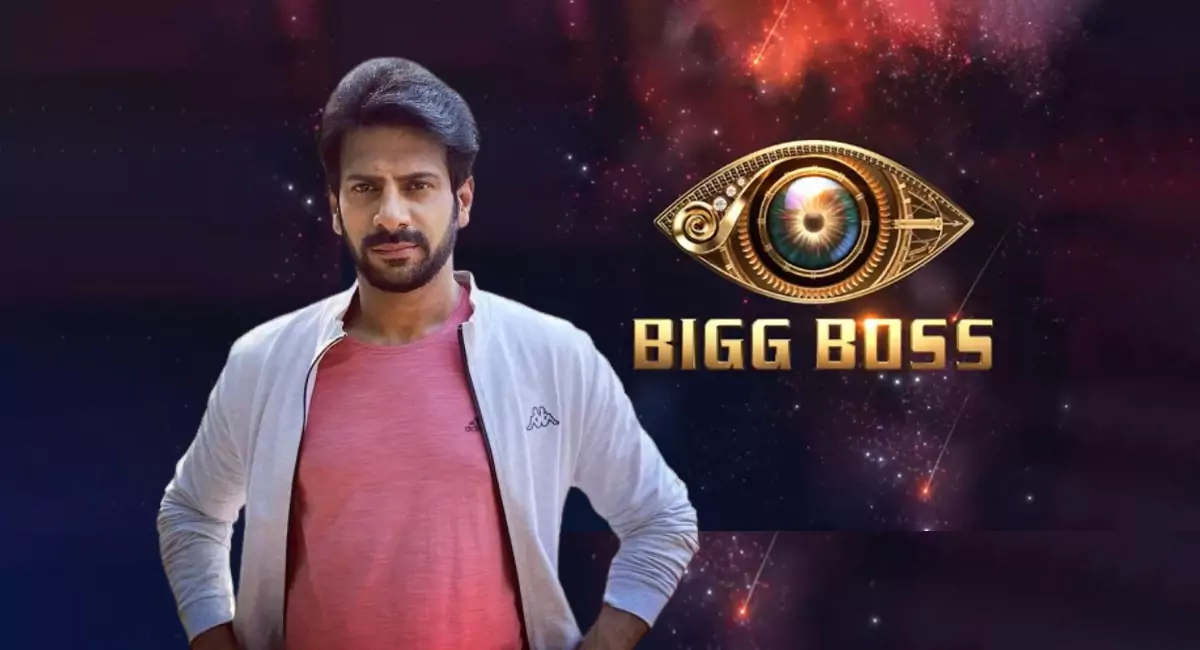You might know Satyajit Ray’s name worldwide. But do you know about his spiritual successor? Rituparno Ghosh transformed Bengali cinema with emotional depth and artistic brilliance. Despite winning 12 National Film Awards, he remains underappreciated beyond Bengal.
His films tackled subjects mainstream cinema avoided. He brought middle-class family dynamics, gender roles, and societal silences to the forefront. His stories whispered truths that others shouted, and somehow carried more power.
Why His Cinema is Still Relevant
Ghosh created films that feel timeless. His characters grappled with relationships, identity, and social expectations. He understood that the most profound stories happen within families, not on battlefields.
His work addressed women’s struggles with remarkable sensitivity. He called himself a “womanist, not a feminist,” bringing female experiences to center stage.
Three Essential Masterpieces of Ghosh
1. Unishe April (1994): A Mother-Daughter Reckoning
This loose remake of Ingmar Bergman’s Autumn Sonata starring Aparna Sen and Debashree Roy won the National Award for Best Feature Film. Set over one day, it explores the fractured relationship between a renowned dancer and her doctor daughter.
The film’s emotional honesty makes it universally relatable. You witness years of misunderstanding unravel in real-time conversations.
2. Dahan (1997): Confronting Social Hypocrisy
Based on a real-life molestation case at Kolkata’s Tollygunge Metro Station, Dahan examines how society responds to female trauma. Ghosh won the National Award for Best Screenplay for this unflinching portrayal.
The film shows how victims face blame while perpetrators escape through corruption and male dominance. It remains painfully relevant today.
3. Asukh (1999): Family, Fame, and Fragility
Starring Soumitra Chatterjee and Debashree Roy, this National Award winner for Best Feature Film in Bengali explores a daughter caring for her dependent father. The film examines how fame creates emotional distance within families.
Chatterjee delivers one of his finest late-career performances as a man forced to depend on his actress daughter’s earnings.
Beyond Direction: A Renaissance Figure
Ghosh wasn’t just a filmmaker. He edited Bengali magazine Anandalok, hosted popular television shows, and remained an outspoken LGBTQ+ advocate in conservative Indian society.
His courage in living authentically inspired countless artists and activists. He pushed boundaries of identity and acceptance decades before such conversations became mainstream.
The Legacy Lives On
Despite critical acclaim, Ghosh’s works remain underrated nationally. Bengali cinema lost its most sensitive voice when he died unexpectedly in 2013 at age 49.
Many of his films now stream on OTT platforms, waiting for new audiences to discover them. His stories of complex relationships and emotional truth transcend regional boundaries.
Ghosh’s films never screamed for attention. They earned it through honest storytelling and authentic performances. His characters feel like people you know, struggling with problems you recognize.
Rituparno Ghosh created some of Indian cinema’s most emotionally intelligent films. His exploration of human relationships, told through a distinctly Bengali lens, speaks to universal experiences. If you want to understand the depth Indian cinema can achieve, start with his masterpieces, beginning today.













